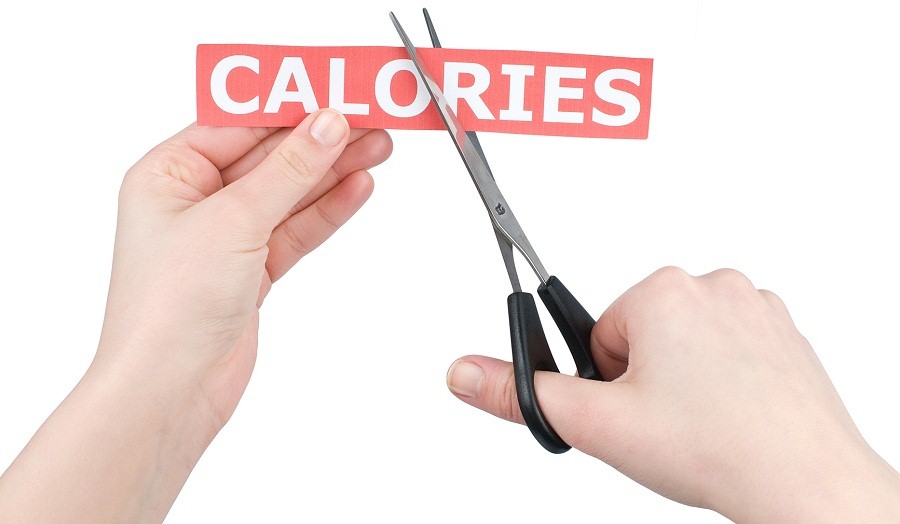 |
| Image source: lapbandsurgery.com. |
Start Weight:
|
276.0
|
||
Original Target*:
|
290.0
|
||
Adjusted Target:
|
274.2
|
||
Actual Weight:
|
274.2
|
||
Loss/Gain:
|
– 1.8
|
||
Total Loss:
|
– 28.4
|
||
% of Goal:
|
20.5%
|
||
Avg. Loss/Wk.:
|
– 4.1
|
||
*Original target calculated from a starting weight of 302.6 lbs. and an average loss/wk. of 1.8 lbs.
|
|||
Compared with previous weeks, 1.8 pounds doesn’t look so dramatic. However, if you look at the bottom of the progress table, you’ll see that 1.8 pounds a week is exactly what I’d hoped and planned to lose from the beginning.
When my article on the deadly sin of Gluttony published on Catholic Stand, the first commenter argued that diets which depend simply on cutting calories are doomed to fail. Why? Because of hunger! Sooner or later, the hunger drives the dieter to overeat, and before you know it, they’re right back where they started! “Why don’t you see reunions on The Biggest Loser?” he asked rhetorically. Because just cutting calories doesn’t work.
Well, yes and no. Many people, when cutting calories, set a drastically low calorie target. For example, one friend of mine decided that she would not only start running again but eat no more than 500 kcal/day. Of course, hunger defeated her, despite her being a very strong-minded woman. The calorie target was much too low!
This is why the show The Biggest Loser, which was canceled in 2017 due to a number of allegations, was to weight loss what The Bachelor/Bachelorette is to marriage: unrealistic expectations mass-marketed for public entertainment. The point of the contest was to take off as much weight as possible in 10-12 weeks in order to win a prize and some bragging rights, not to keep the weight off or to permanently change one’s approach to eating. Without even questioning whether the show’s resident doctor or trainers acted illegally or unethically, we can still question whether any of the contestants would have kept the weight off once they left the show.
First, you shouldn’t set a calorie goal that leaves you uncomfortably hungry. If it takes 3,000 kcal/day to maintain your current weight and you set a goal of 1,500 kcal/day, of course you’re going to be very hungry all the time! If, however, you set a goal of 2,500 kcal/day, spread those calories appropriately throughout the day, and cut out empty calories as much as possible, you may not even notice any hunger. Of course, as you lose pounds, you have to adjust that goal downward so you’re always eating 250 – 1,000 calories less per day than your current weight demands. In effect, you’re pacing yourself, going for endurance rather than rapid results. As I’ve said elsewhere, the odds are it took you a long time to get to your current weight; why should you expect to lose all the excess overnight?
Second, what you eat is as important as how much you eat. Cut out processed sugar and high-fructose corn syrup as much as possible — no more than 10% of your total calories. Getting at least 25 – 30% of your calories from protein (especially animal protein) will help boost your metabolism and reduce your hunger while cutting carbs to < 50g/day will not only reduce your appetite but throw your body into ketosis. (If you can’t get that low, at least cut to < 100g/day.) Eating a lot of low-carb veggies and drinking more water will also reduce or eliminate your hunger pangs.
Now, to be honest, I haven’t been paying attention to my carb and protein intakes; I’ve simply been concerned with reducing total calories. In fact, I noticed that just the two snack bars I eat every day have a combined 50g of carbs, while proteins only account for just under 16% of my daily calories. Sure, that’s going to change. But like everything else, it’s going to be gradually and with plenty of research.
The point of all this, though, is that even with a keto or Atkins-type low-carb, high-protein diet, in the end, you’re still lowering your calorie intake. Three thousand calories are 3,000 calories, whether you get them from protein, carbs, or fat; if you’re not burning them off, you’re storing them. However you get your calories, you have to take in less than you burn off to lose weight. And it’s easier to do that if you reduce your intake gradually, in sustainable incremental amounts, rather than going straight to the bare minimum needed to remain functioning.
So yes, increasing protein, cutting carbs, eating more vegetables, and minimizing processed sugars help in various ways to make cutting calories more sustainable, more productive, and more comfortable. But you still have to burn more calories than you eat. There’s no way around it.

No comments:
Post a Comment